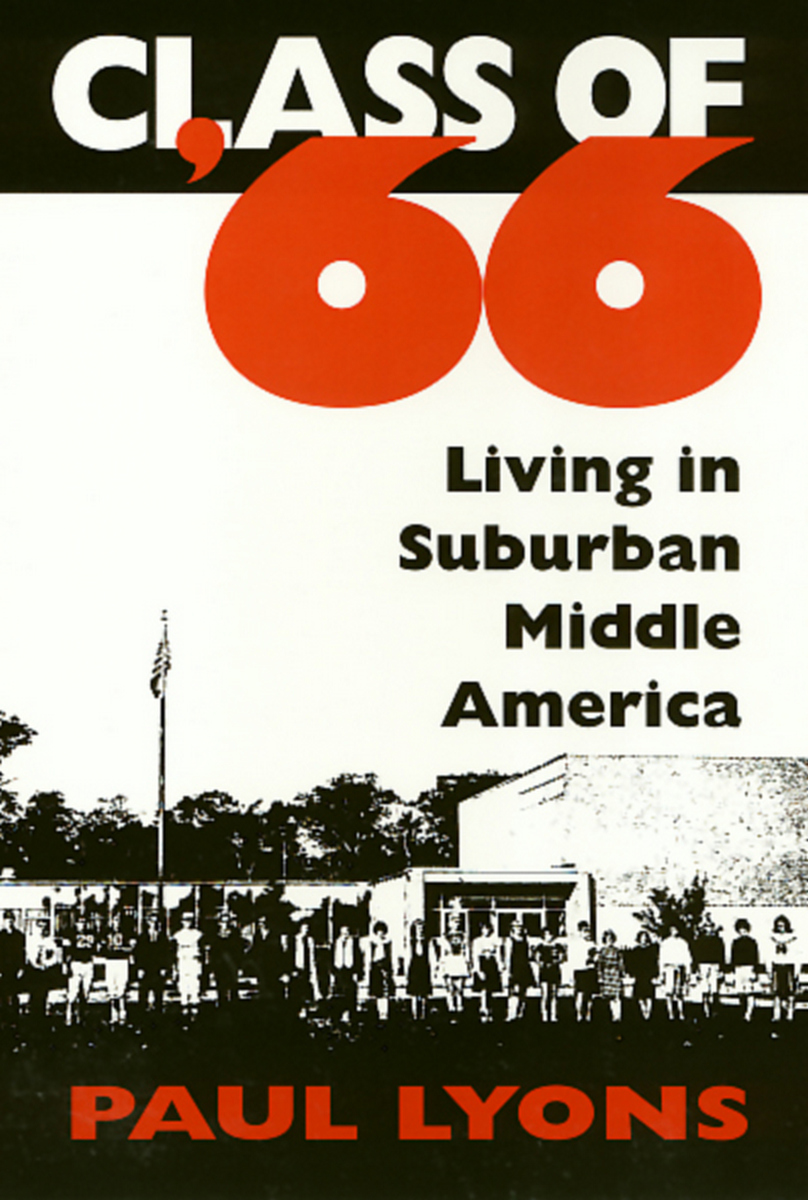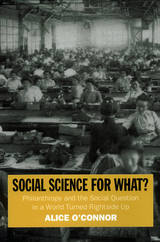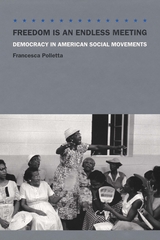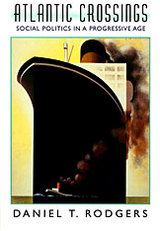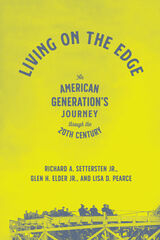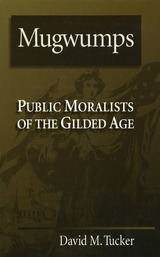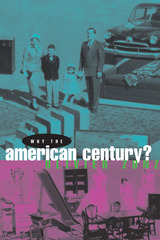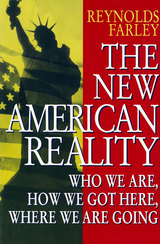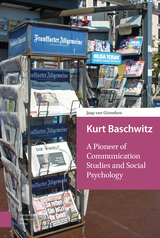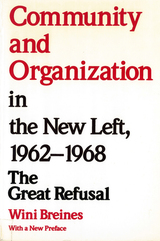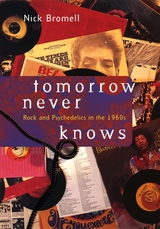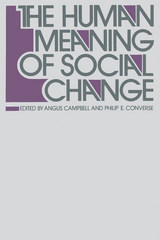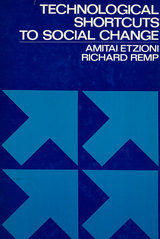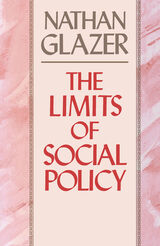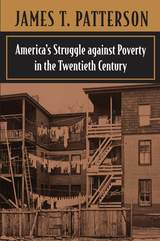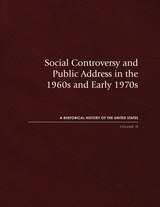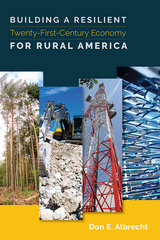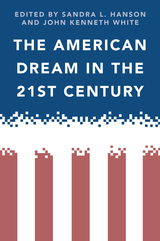Class Of '66: Living in Suburban Middle America
Temple University Press, 1994
eISBN: 978-1-4399-0447-3 | Paper: 978-1-56639-214-3 | Cloth: 978-1-56639-213-6
Library of Congress Classification HN58.L96 1994
Dewey Decimal Classification 306.09730946
eISBN: 978-1-4399-0447-3 | Paper: 978-1-56639-214-3 | Cloth: 978-1-56639-213-6
Library of Congress Classification HN58.L96 1994
Dewey Decimal Classification 306.09730946
ABOUT THIS BOOK | AUTHOR BIOGRAPHY | REVIEWS | TOC | REQUEST ACCESSIBLE FILE
ABOUT THIS BOOK
In the midst of the Vietnam war, sit-ins, counter-culture, and campus rallies, the 1966 graduating class of a South New Jersey coast high school came of age on the margins of political and cultural upheaval. Rather than presenting the stereotype of Sixties youth scene, this study reveals this group to be conservative teenagers shaped by mainstream loyalties to God, Country, and Family. These "Coasters"—white, middle-class, suburban baby-boomers—were spectators of rather than participants in the decade's activism. Yet, even as they were missed by the powerful currents of the times, their lives were touched by those currents more than is suggested by the stereotype of Richard Nixon's "Silent Majority."
Paul Lyons interviewed 47 members of the class of 1966, recording recollections of their school days, politics, work, family life, community, and expectations for future careers and family. Each chapter is complemented by personal profiles of individual "Coasters." Removed from both the urban experience and that of the elite suburbs, these teenagers disprove popular cultural assumptions that all baby boomers, with few exceptions, went to Woodstock, protested against the Vietnam War, engaged in drug experimentation, or joined the hippie counter-culture. Instead, Lyons' study explores how their then relative ambivalence to political and cultural rebellion did not preclude many "Coasters" from indirectly incorporating over the years certain core Sixties values on issues of race, gender, mobility, and patriotism.
Paul Lyons interviewed 47 members of the class of 1966, recording recollections of their school days, politics, work, family life, community, and expectations for future careers and family. Each chapter is complemented by personal profiles of individual "Coasters." Removed from both the urban experience and that of the elite suburbs, these teenagers disprove popular cultural assumptions that all baby boomers, with few exceptions, went to Woodstock, protested against the Vietnam War, engaged in drug experimentation, or joined the hippie counter-culture. Instead, Lyons' study explores how their then relative ambivalence to political and cultural rebellion did not preclude many "Coasters" from indirectly incorporating over the years certain core Sixties values on issues of race, gender, mobility, and patriotism.
See other books on: Baby boom generation | Class | Living | Middle class | Suburbs
See other titles from Temple University Press
